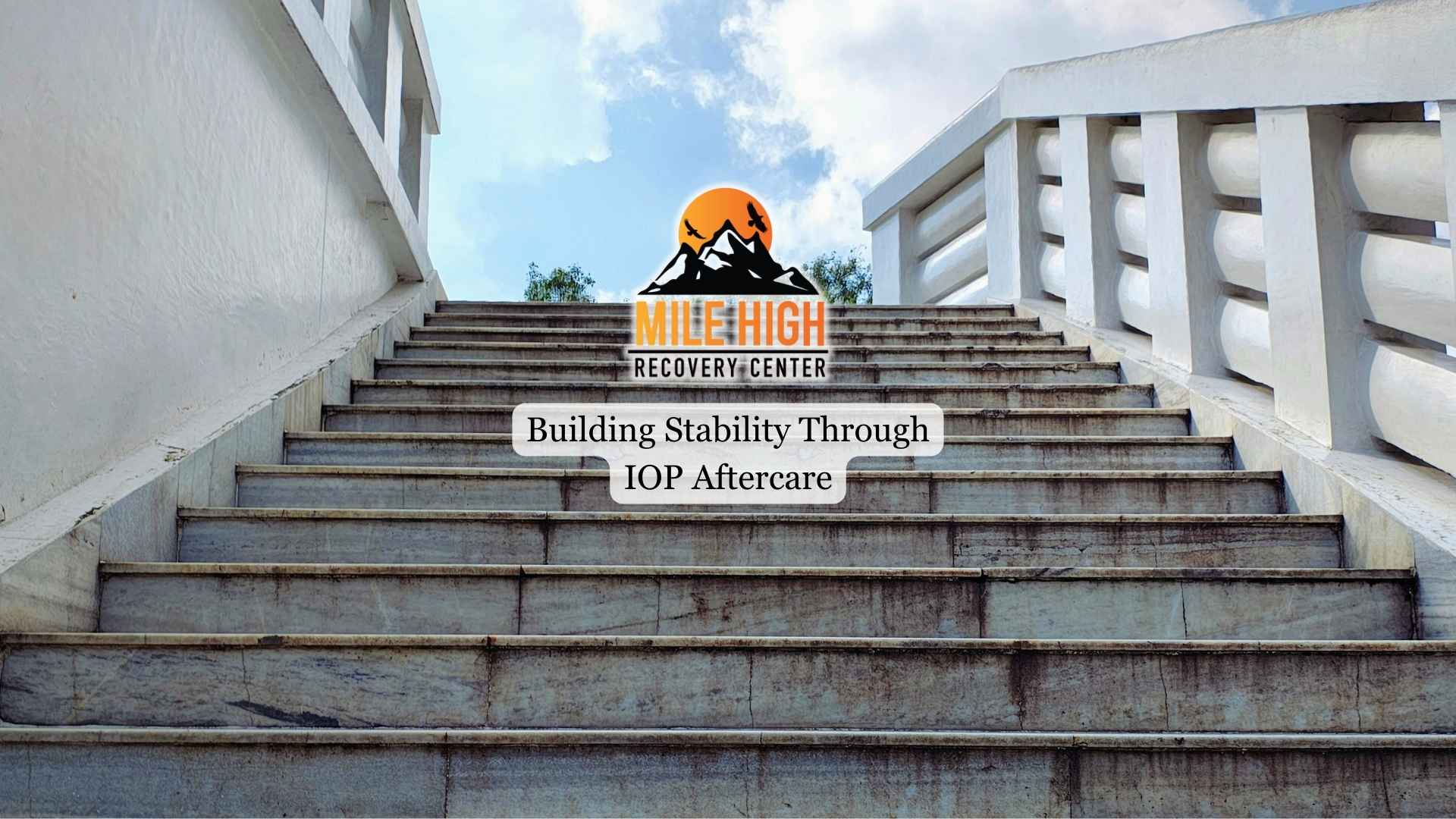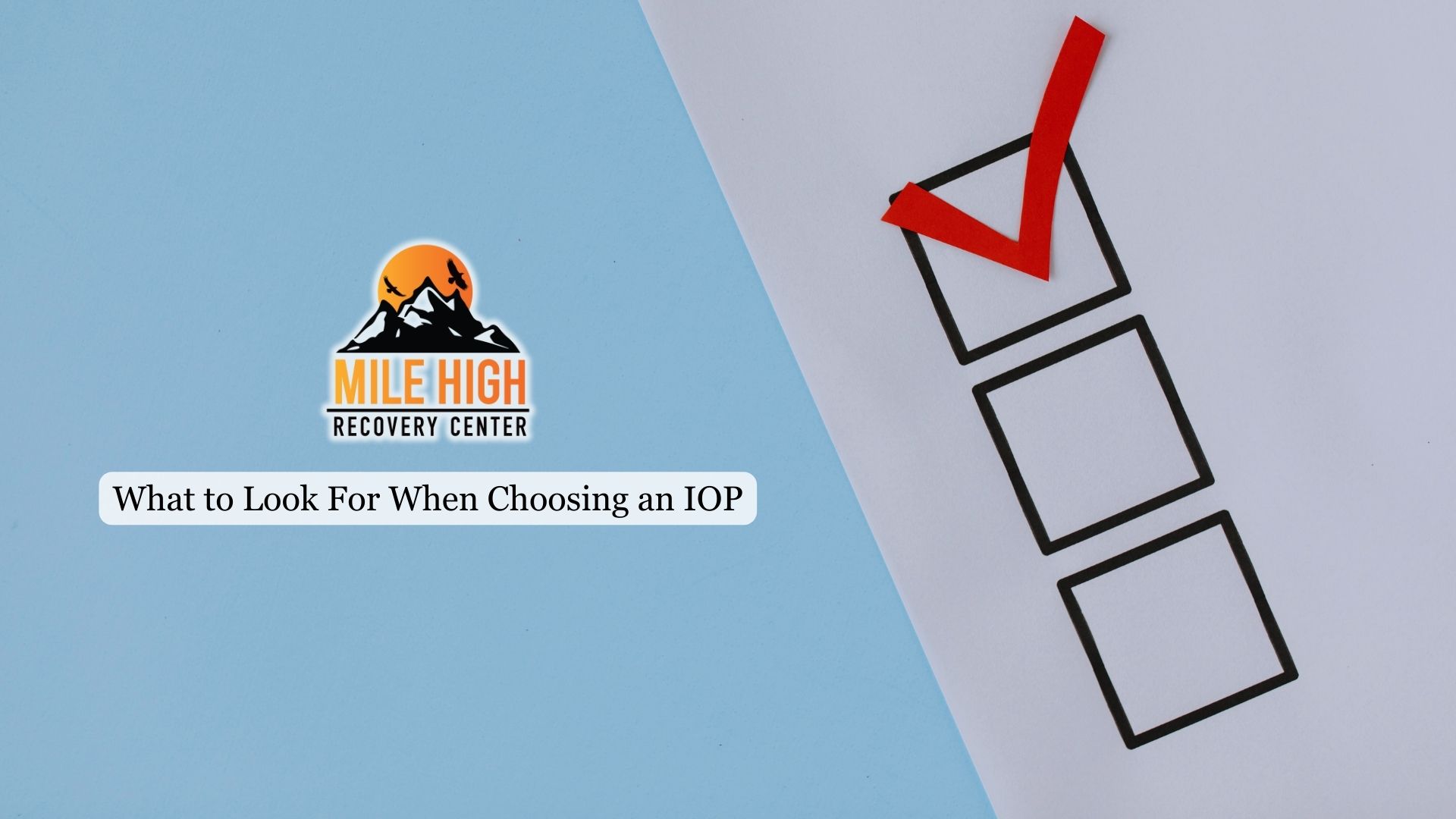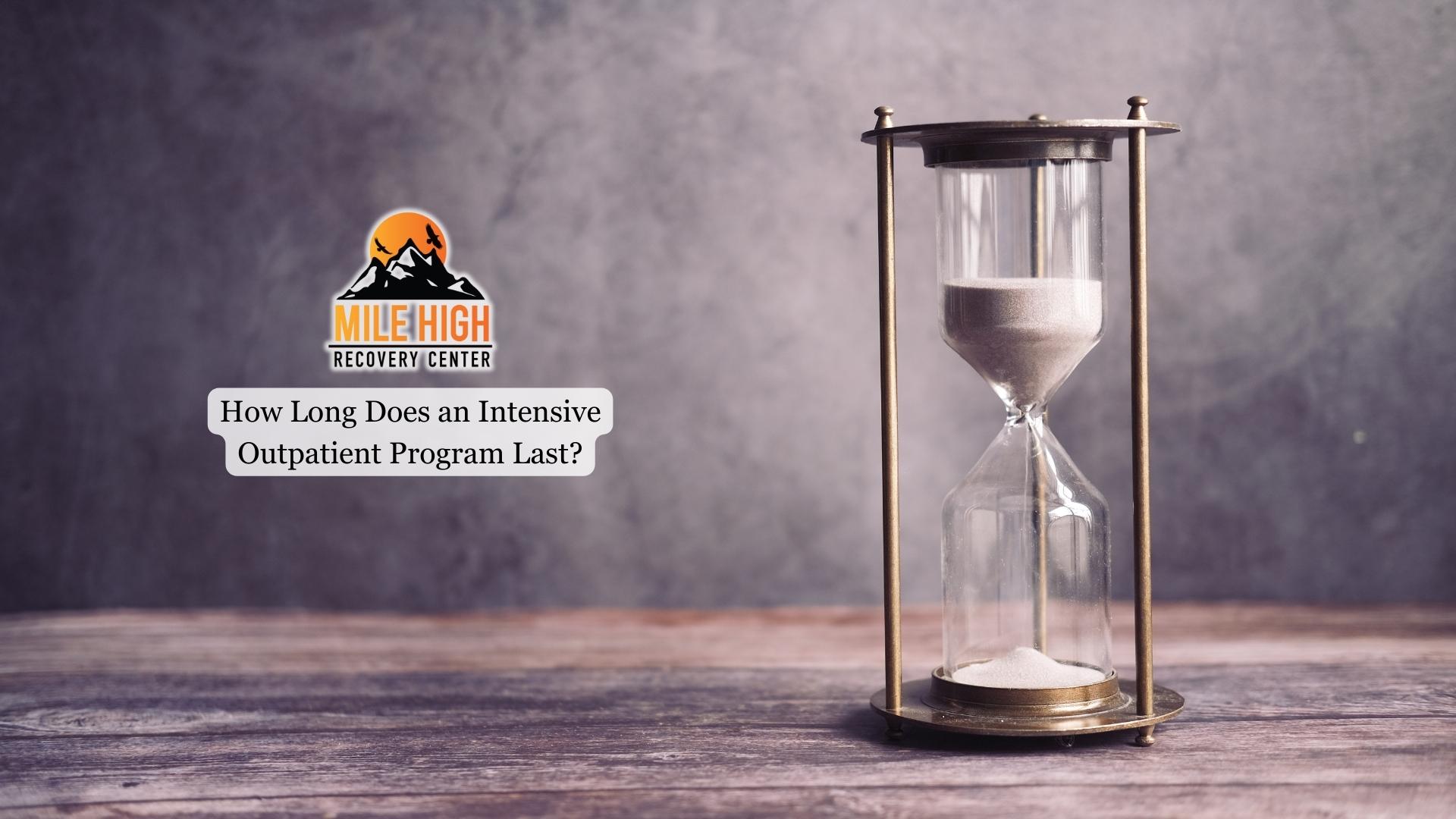Addiction recovery is not a one-size-fits-all process. Each person’s journey is influenced by personal history, environment, and emotional health. A personalized treatment plan acknowledges these differences and tailors every step of care, from detox to therapy and relapse prevention, to meet the person’s unique needs. This individualized approach ensures that rehab is not just effective in the short term but also sustainable for lasting sobriety.
In this article, we’ll explore the major benefits of customized addiction treatment and how it promotes meaningful, long-term recovery.

Understanding a Personalized Treatment Plan
A personalized addiction rehabilitation plan begins with a comprehensive assessment that evaluates substance use history, physical health, mental well-being, family dynamics, and lifestyle factors. This initial phase provides the foundation for developing a plan that reflects the client’s goals, challenges, and long-term vision for healing. Professionals may also gather input from family members or loved ones to ensure that the approach supports both individual and social well-being.
This approach ensures that therapy goes beyond managing withdrawal symptoms. It identifies and addresses the root causes of addiction, such as trauma, chronic stress, or social isolation. Focusing on the full picture of a person’s life, the plan fosters balanced healing that restores both physical stability and emotional strength. It also allows the client to take an active role in shaping their sobriety journey, increasing commitment and self-awareness throughout the process. For those who require immersive support, Mile High Recovery’s personalized residential rehab program in Denver can provide further reinforcement of care through structure, community, and continuous professional guidance during recovery.
Addressing Co-Occurring Mental Health Disorders
Many people living with addiction also experience co-occurring disorders like depression, anxiety, or post-traumatic stress disorder (PTSD). A personalized treatment plan integrates mental health care directly into the process, allowing both conditions to be treated simultaneously. This dual-focus method helps stabilize emotions and reduces relapse risk by targeting both the psychological and behavioral aspects of addiction.
Incorporating evidence-based methods such as Motivational Interviewing (MI), Cognitive Behavioral Therapy (CBT), Dialectical Behavior Therapy (DBT), and mindfulness training helps clients build motivation for change, understand their thought patterns, and manage emotional responses.
These therapies equip them with tools to manage triggers, regulate stress, and maintain mental clarity as they move along their journey to sobriety. Medication management or holistic practices like yoga, meditation, and art therapy may also be included to support emotional regulation and self-expression.
Building Trust and Engagement
Personalized care strengthens the relationship between clients and recovery professionals, fostering trust and collaboration. When clients feel heard and understood, they are more likely to commit to rehabilitation and communicate honestly about their struggles. This trust lays the groundwork for meaningful progress, especially when challenges or setbacks occur.
Involving clients in creating and adjusting their treatment plans also encourages accountability and motivation. Setting clear, realistic goals and measuring progress through key metrics, like improved mood, reduced cravings, and consistent participation, keeps clients focused on positive outcomes. Regular check-ins with therapists provide opportunities to reflect on growth, celebrate milestones, and adapt strategies when necessary to maintain momentum.
Flexible and Adaptive Care for Every Stage of Recovery
Recovery is a continuous process that requires flexibility. A personalized plan evolves as the client’s needs change, whether transitioning from detoxification to therapy, or from inpatient to outpatient programs, or reintegrating into daily life. This adaptability ensures that care remains relevant, effective, and responsive to real-time progress.

Therapists can modify the plan based on progress, challenges, or emerging goals. For example, as clients strengthen coping skills, the focus might shift toward relapse prevention, family reintegration, or career readiness. Maintaining open communication and ongoing assessment, each stage of care builds upon the last, helping clients maintain confidence and stability as they work toward independence.
Long-Term Benefits of Individualized Addiction Treatment
The long-term benefits of personalized rehab extend well beyond completing a program. Clients develop a deeper awareness of their triggers, habits, and emotional responses, empowering them to make healthier decisions and avoid high-risk situations. This self-knowledge promotes personal growth, improves relationships, and fosters a renewed sense of purpose in life.
Because these plans are built around the individual’s strengths and challenges, they help establish sustainable habits that support lifelong wellness. Integrating physical activity, balanced nutrition, mindfulness, and peer support provides a foundation for continued success. Many clients continue participating in alumni programs, group therapy, or coaching to stay connected and reinforce positive behaviors long after the program ends.
Final Thoughts from Mile High Recovery
A personalized addiction treatment plan provides the flexibility and emotional support necessary for lasting recovery. Addressing each person’s unique history, needs, and goals creates a pathway toward meaningful change and long-term well-being.
At Mile High Recovery, our residential treatment program in Denver, Colorado, stands at the heart of this personalized approach. Offering support and routines, we help clients gain stability and confidence as they rebuild their lives. Combined with our outpatient and relapse prevention services, this continuum of care ensures each person receives customized, evidence-based support that promotes lasting recovery.







